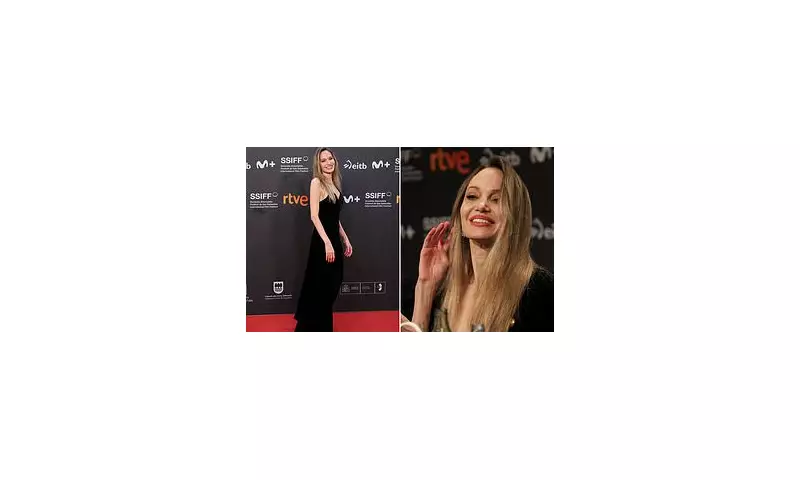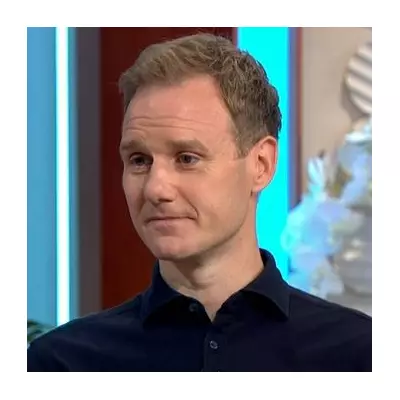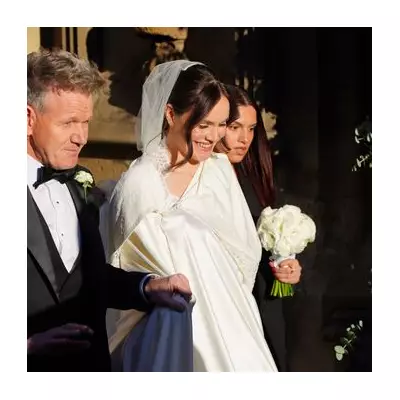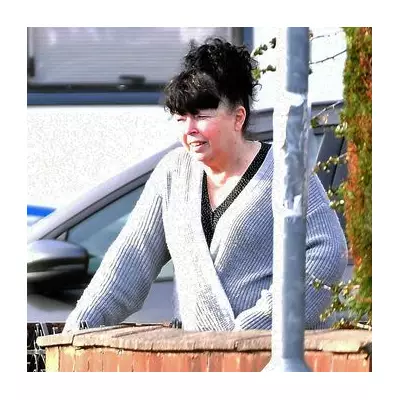
In a striking departure from her usual silver screen appearances, Angelina Jolie has turned political commentator, issuing a stark warning about the state of American democracy. The Oscar-winning actress and humanitarian has broken her silence on the turbulent landscape of US politics, expressing grave concerns about the erosion of fundamental freedoms.
Speaking with a candour rarely seen from A-list celebrities, Jolie revealed her mounting apprehension about the direction of her home country. 'I feel far less American today,' she confessed, pointing to what she perceives as alarming threats to the constitutional rights that define the nation.
A Voice for the Voiceless
The Maleficent star, known for her extensive humanitarian work with the UN, didn't hold back in her assessment. She articulated deep concerns about the shrinking space for open dialogue and dissent, suggesting that America's celebrated tradition of free speech is under unprecedented pressure.
'The freedom to speak one's mind without fear of retribution isn't just a privilege—it's the bedrock of democracy itself,' Jolie asserted, framing the issue in terms that would resonate with civil liberties advocates across the political spectrum.
Beyond Red Carpets: Jolie's Political Evolution
While many celebrities limit their political engagement to social media posts or award show speeches, Jolie's commentary reflects a more profound engagement with geopolitical issues. Her work as Special Envoy for the UN High Commissioner for Refugees has given her front-row exposure to global conflicts and governance challenges.
This experience appears to have shaped her perspective on domestic politics, allowing her to draw comparisons between emerging trends in the United States and patterns she's witnessed in more fragile states around the world.
The Celebrity Political Commentary Phenomenon
Jolie's foray into political analysis places her among a growing number of entertainment figures who've transitioned from cultural icons to political commentators. Unlike many who offer vague endorsements or criticisms, her comments targeted specific concerns about constitutional protections and democratic norms.
Her intervention raises questions about the role of celebrities in political discourse and whether their platforms amplify important issues or simply contribute to the noise. What's clear is that when someone of Jolie's global stature speaks about threats to democracy, people listen—on both sides of the Atlantic.
As the political climate continues to generate heated debates about the limits of free expression and the health of democratic institutions, Jolie's voice adds a distinctive Hollywood perspective to conversations typically dominated by politicians and pundits.





